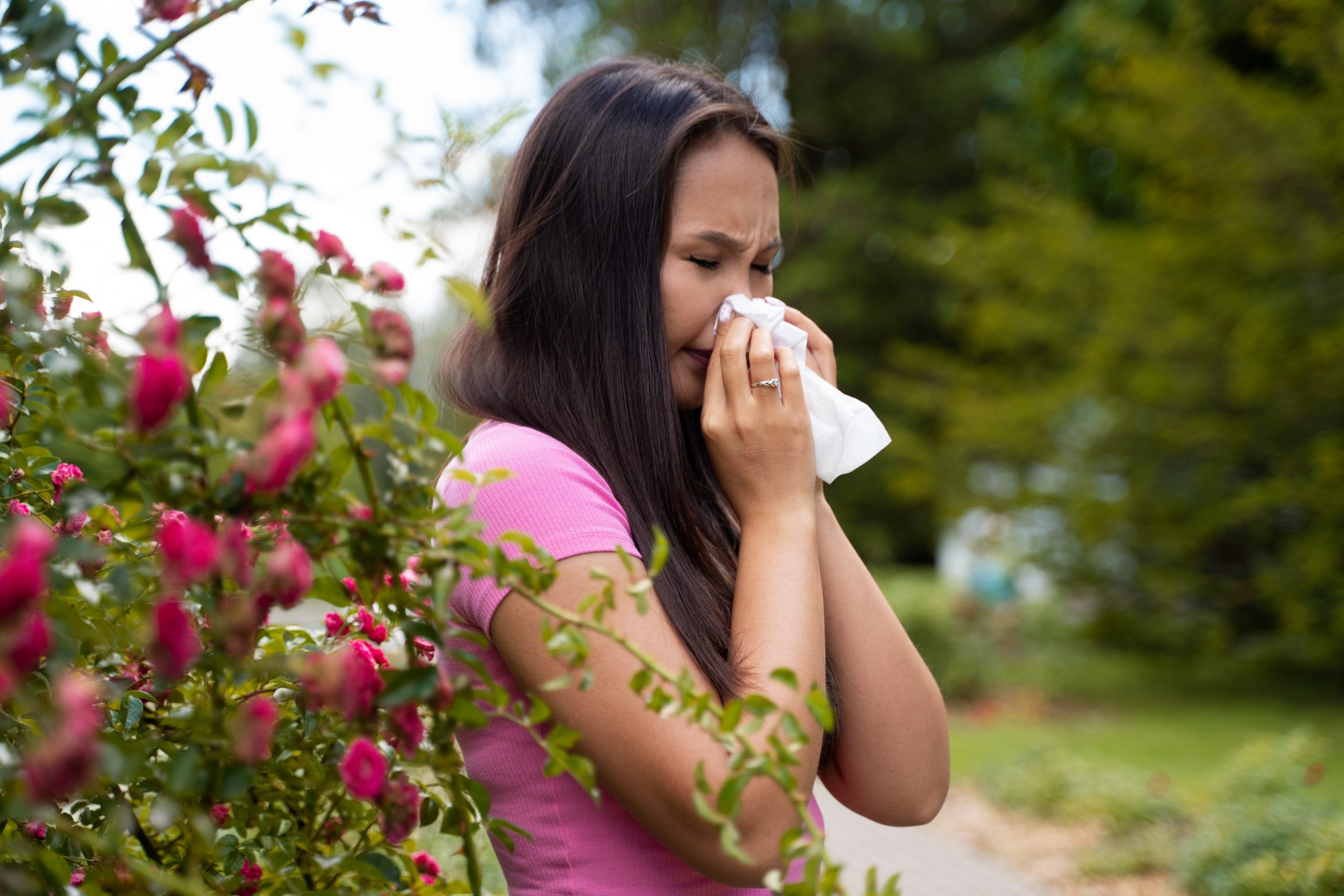
“Navigating the Floral Forecast: Demystifying Pollen Counts for Allergy Warriors”
Pollen Count and Allergies
Pollen count is the measurement of the number of pollen grains in the air. It is an important factor for people who suffer from allergies, as it can help them to predict when their symptoms are likely to be worse.
Pollen is produced by plants, and it is released into the air during the spring and summer months. The type of pollen that people are allergic to depends on the plants that are common in their area. For example, people in India are more likely to be allergic to pollen from trees, grasses, and weeds.
When pollen grains come into contact with the eyes, nose, or throat of someone who is allergic, it can trigger an allergic reaction. This reaction can cause symptoms such as sneezing, a runny nose, itchy eyes, and hives. In some cases, allergic reactions to pollen can be severe and even life-threatening.
There are a number of things that people with pollen allergies can do to manage their symptoms. These include:
Avoiding pollen exposure: This may mean staying indoors during peak pollen seasons, wearing sunglasses and a hat when outdoors, and washing your hair and clothes after being outside.
Taking medication: Over-the-counter or prescription antihistamines can help to relieve allergy symptoms.
Using a nasal saline spray: This can help to clear mucus and reduce inflammation in the nose.
Seeing an allergist: If your allergies are severe, you may need to see an allergist to get allergy shots or other treatment.
It is important to remember that pollen counts can vary depending on the time of day, the weather, and the location. By monitoring pollen counts and taking steps to avoid pollen exposure, people with pollen allergies can manage their symptoms and enjoy the outdoors.
Here are some additional tips that may be helpful for people with pollen allergies in India:
Check the pollen count: There are a number of websites and apps that provide pollen counts for different locations. This can help you to plan your activities and avoid being outdoors when pollen counts are high.
Stay indoors: If pollen counts are high, consider staying indoors, especially during the early morning and evening when pollen levels are typically highest.
Take a shower: After being outdoors, take a shower to remove pollen from your skin and hair.
Use air purifiers: Air purifiers can help to remove pollen from the air in your home.
Wear sunglasses and a hat: When outdoors, wear sunglasses and a hat to protect your eyes and skin from pollen.
For More Information Click here


